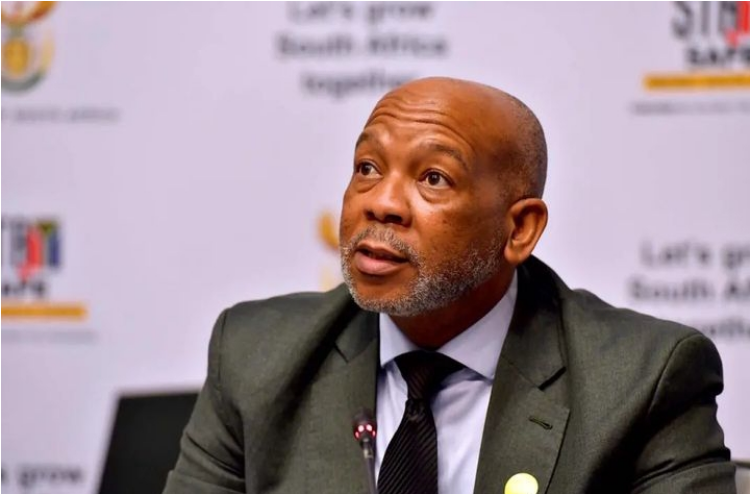By Akani Nkuna
Electricity and Energy Minister Dr. Kgosientsho Ramokgopa is optimistic that Eskom’s sustainability efforts will help curb tariff hikes, offering much-needed relief, especially in light of Eskom’s proposed tariff increase in April 2025.
Ramokgopa briefed the media on the 2024 Energy Action Plan as South Africa nears 300 days without load-shedding, highlighting Eskom’s efforts to increase generating capacity as a key step towards driving economic growth.
He has set an Energy Availability Factor (EAF) target of 70%, which his ministry believes will provide the stability necessary to support economic growth of up to 3.5% in the coming years.
“You have not seen load-shedding because we have built enough capacity to absorb demand, and we are confident that the team is doing everything possible to sustain this performance in the future,” said Ramokgopa.
“This is significant because, as we reduce associated costs, Eskom becomes more efficient in providing electricity. If we can maintain this efficiency over time, it will positively impact tariff applications in the future, allowing us to pass on the benefits to the end consumer.”
Eskom has cut diesel costs by R16 billion from April to December 19, 2024, prompting Ramokgopa to call for the redistribution of these savings to benefit consumers and stimulate economic growth.
“This R16 billion should not remain with Eskom; it should go into the pockets of consumers. These efficiencies will support the South African economy, particularly industries that rely on electricity for production and manufacturing,” he said.
“By improving efficiency, we make our goods more competitive in both the domestic and international markets.”
Ramokgopa also revealed the preferred bidders for two major renewable energy programs under the Renewable Energy Independent Power Producer Procurement Programme (REIPPPP) Bid Window 7 and the Battery Energy Storage Independent Power Producer Procurement Programme (BESIPPPP) Bid Window 2.
The bid windows for the RESSIPPPP and BESIPPPP were launched on December 14, 2023, with bids submitted in August 2024.
These were followed by three months of rigorous assessment by independent evaluation committees in a secure environment at the IPP Office.
He announced the appointment of eight Preferred Bidders under the REIPPPP Bid Window 7, with a combined contracted capacity of 1,760 MW, and a further eight Preferred Bidders under the BESIPPPP Bid Window 2.
“The Seventh Bid Window of the REIPPPP (REIPPPP BW 7) was designed to procure up to 5,000 MW of renewable energy capacity, comprising 1,800 MW of Solar PV and 3,200 MW of Onshore Wind capacity,” Ramokgopa added.
The department received 48 bid responses totaling 10.2 GW by August 15, 2024, consisting of 40 solar PV and eight onshore wind projects. After independent evaluation, 30 solar PV and four onshore wind projects met the request-for-proposal requirements.
Ramokgopa stressed that South Africa’s second Battery Energy Storage Programme is crucial for enhancing grid stability by providing essential ancillary services and boosting capacity in key regions, including the North West, Gauteng, and Free State.
“The site-specific BESIPPPP Bid Window 2 is designed to procure up to 615 MW from facilities that will provide Capacity, Energy, and Ancillary Services to Eskom at eight specified sites. Therefore, only one Preferred Bidder is appointed per site,” said Ramokgopa.
The selected bidders have pledged to create 1,570 job opportunities for South Africans during both the construction and operational phases. Additionally, they will allocate 31% of their total project costs—approximately R5.1 billion—to local content.
According to Ramokgopa, the bidders have also committed to investing R1.8 billion in Black Enterprise Procurement, R1.4 billion in QSEs and EMEs, and R659 million specifically in Black Women-owned businesses.
“The Preferred Bidders have also committed to spending R316 million on Supplier Development, Skills Development, Bursaries for Black Students, Skills Development for Black Disabled People, and Socio-Economic Development initiatives over the lifetime of the projects,” Ramokgopa added.
INSIDE POLITICS

